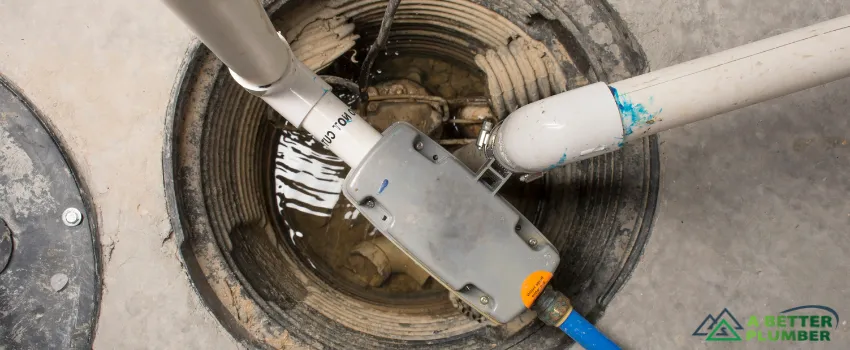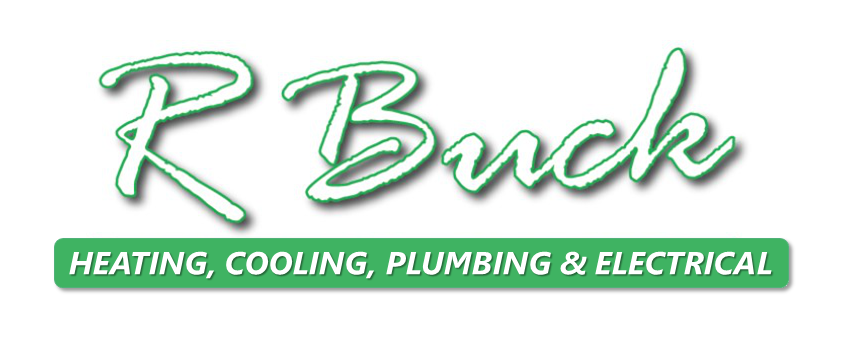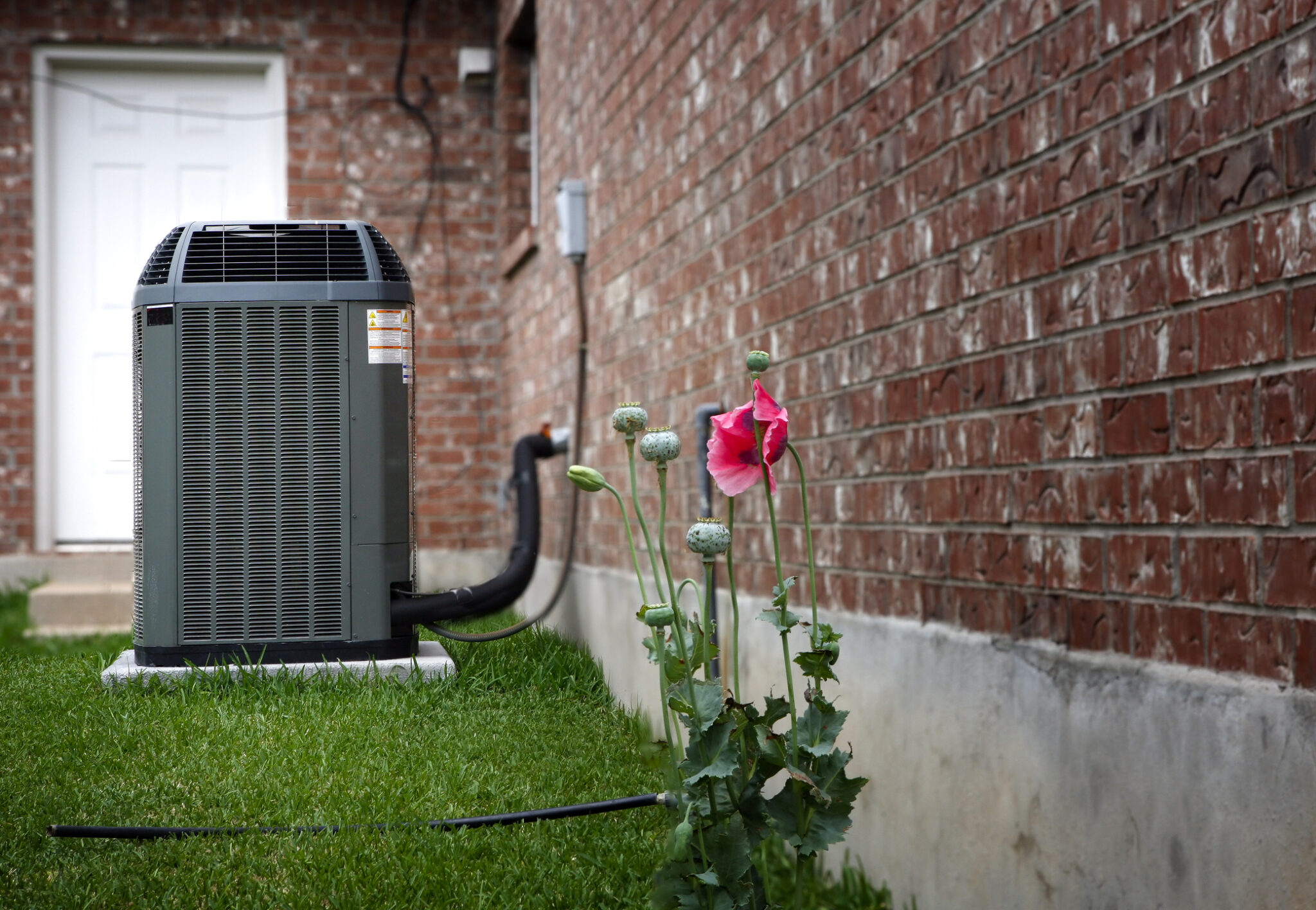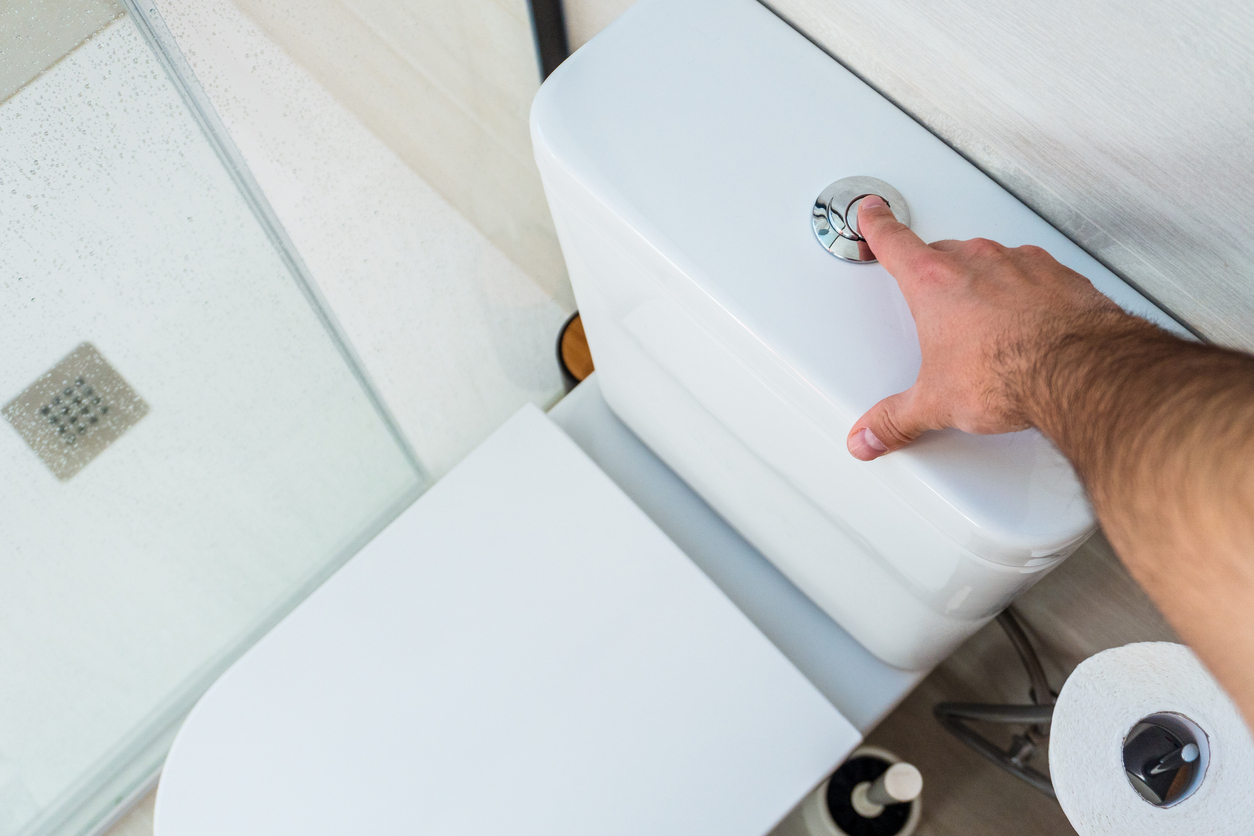Understanding the Purpose of a Sump Pump in Your House

Table of Contents
-
- What Is a Sump Pump?
- What Is a Sump Pump Used for?
- What Is the Main Purpose of a Sump Pump?
- Types of Sump Pumps
- How Much Does a Sump Pump Cost?
- How to Maintain a Sump Pump
- Reasons Why a Sump Pump Malfunctions
- Is a Sump Pump Under a House Really Necessary?
- The Bottom Line
- Have your plumbing system connected professionally by Absolute Electrical Heating and Air.
A sump pump is a crucial but often overlooked component of a household’s infrastructure. It is silently working to protect homes from the potential devastation of water damage. This unassuming device is often nestled away in the basement and is pivotal in safeguarding properties against flooding, leaks, and excessive moisture.
As a homeowner, understanding the significance and purpose of a sump pump ensures the longevity and integrity of your residences. Doing so should enable you to make informed decisions about its installation and maintenance to protect your home and loved ones.
What Is a Sump Pump?
A sump pump is a submersible device in a house’s basement within a designated sump pit. Its primary purpose is to safeguard the basement area from potential flooding. If this happens, the sump pump activates its built-in motor to drain the water effectively and prevent damage to the property.
A key feature of a typical sump pump is its floating component, designed to rise with the water. When the latter reaches a critical point, this floating mechanism triggers the pump’s motor, expelling the accumulated water from the basement.
What Is a Sump Pump Used for?
A sump pump is primarily used to prevent and manage basement flooding in residential properties. When heavy rains, melting snow, or rising groundwater threaten to inundate the basement, the sump pump springs into action.
Positioned within a sump pit, the device awaits the influx of water. Once this enters the pit and reaches a specific level, the sump pump’s float mechanism activates the motor. The motor then starts pumping the water outside the house through a designated drainage system.
What Is the Main Purpose of a Sump Pump?
The primary purpose of having a sump pump is to manage flooding situations. Nevertheless, there are other compelling reasons to consider installing this device in your basement, such as the following:
1. It protects your home from water damage.
A sump pump is a proactive defense against water intrusion, especially during heavy rains or when groundwater levels rise. By swiftly removing excess water from the basement, the pump prevents potential water damage to your house’s foundation, walls, and flooring. As a result, you avoid expensive repairs and replacements.
2. A sump pump prevents mold and mildew growth.
Excess moisture in the basement creates a conducive environment for mold and mildew growth, which can pose health risks to occupants. A sump pump helps maintain a dry environment in the area, inhibiting the formation and spread of molds and promoting a healthier living space.
3. It maintains your home’s structural integrity.
Prolonged exposure to water can weaken a building’s foundation and structural composition. A sump pump significantly reduces the risk of foundation cracks, wall damage, and other structural issues caused by water-related problems. This ensures the overall stability and durability of your home.
4. A sump pump increases your property’s value.
The presence of a well-maintained sump pump system in the basement is often seen as an asset when a home is put up for sale. Prospective buyers appreciate the added protection against potential water damage and plumbing problems. This can make the property more attractive and potentially increase its market value.
Types of Sump Pumps
Sump pumps are available in the following types:
1. Submersible Sump Pump
Submersible sump pumps are installed directly inside the sump pit and submerged in water when operating. Their sealed, waterproof design allows them to function efficiently without the risk of electrical hazards. These sump pump types are also known for their quiet operation and space-saving nature, as they can be hidden within the sump pit.
2. Pedestal Sump Pump
These sump pumps feature a motor mounted on a pedestal above the sump pit, with only the impeller submerged. While they are more affordable and easier to maintain, pedestal sump pumps can be loud at work because of the exposed motor. Nevertheless, the pedestal design also makes these sumps less susceptible to water damage, guaranteeing a longer life span for the device.
3. Battery Backup Sump Pump
Battery backup sump pumps have an additional layer of protection in case of power outages or electrical failures. They use a rechargeable battery to power the pump, ensuring continuous operation even when the primary power source becomes unavailable. This type of sump pump is vital in areas prone to severe storms and power disruptions.
4. Water-Powered Backup Sump Pump
These sump pumps operate using water pressure from the main water supply. They do not require electricity or batteries and can be a reliable backup option in regions with frequent power outages. Although they have lower pumping capacities than electric models, water-powered sump pumps are energy-efficient and work well for homes with limited space for battery backups.
5. Combination Sump Pump
This sump pump type integrates both a primary electric pump and a backup pump in a unit. This versatile setup ensures continuous sump pump operation, automatically switching to the backup system during power failures or when the primary pump malfunctions.
Combination sump pumps also provide homeowners with comprehensive protection against flooding scenarios, making them an ideal choice for those seeking maximum reliability.
How Much Does a Sump Pump Cost?
The cost of a sump pump can vary depending on several factors, such as the type of pump, brand, features, and capacity. On average, basic submersible sump pumps can range from $100 to $400, while pedestal sump pumps are generally more affordable, with prices ranging from $60 to $170.
Battery backup sump pumps, which provide added protection, can cost between $600 to $1,200, depending on the battery type and capacity. Water-powered backup sump pumps are more budget-friendly, falling within a generally lower price range.
How to Maintain a Sump Pump
Proper maintenance of a sump pump is necessary to ensure its longevity and efficient performance. This means regularly inspecting the device and its components for signs of wear, debris, or clogs. You should also clean the sump pit to prevent the buildup of sediment and debris that could impede the pump’s operation.
Additionally, you should test the sump pump to check if it’s still functional by pouring water into the pit and see if it pumps out the water without difficulty. Moreover, check the float switch to see if it moves freely and triggers the pump as intended. Lastly, perform sump pump maintenance at least twice a year or more frequently if your area is prone to heavy rains or flooding.
Reasons Why a Sump Pump Malfunctions
Sump pumps can fail to function properly for the following reasons:
1. Electrical Issues
Electrical problems, such as power outages, tripped circuit breakers, or faulty wiring, can interrupt a sump pump’s operation. Therefore, you must have a reliable power source and a backup plan, such as a battery-powered backup pump, to ensure continuous functionality during electrical disruptions.
2. Mechanical Failure
Over time, sump pumps can experience mechanical wear and tear, leading to impeller, motor, or float switch failure. Regular inspections and timely repairs or replacements can help prevent this from happening and extend the pump’s life span.
3. Debris Blockage
Debris, sediment, and other particles can accumulate in the sump pit and clog the pump’s impeller, hindering its ability to pump water effectively. Routine cleaning and maintenance of the sump pit are essential to prevent debris buildup and ensure unobstructed water flow.
4. Lack of Maintenance
Neglecting to perform regular maintenance can lead to a host of sump pump issues, including decreased performance, reduced efficiency, and device failure. Cleaning, checking, and testing for proper operation keep your sump pump in optimal condition and ready to handle any potential flooding.
Is a Sump Pump Under a House Really Necessary?
The necessity of a sump pump being installed underneath your house depends on various factors, including the local climate, groundwater levels, and the property’s drainage characteristics.
In areas with high rainfall or frequent storms, a sump pump can be fundamental to prevent basement flooding and protect the house’s foundation and structural integrity. However, a sump pump may not be deemed essential in drier climates with minimal risk of flooding or water accumulation.
Given these things, homeowners must assess their surroundings carefully and consult with professionals to determine whether a sump pump is necessary. When deciding, they must consider their property’s unique characteristics.
The Bottom Line
Investing in a sump pump can offer significant returns, enhancing safety, convenience, and property value. Still, when selecting a sump pump, you must consider your home’s specific needs and the potential risks of flooding. This means balancing the cost of the sump with the level of protection it can extend to your property.
Of course, like many other home fixtures, a sump pump can deteriorate over time. If this happens, you will need a replacement, but there are other things you can do to keep your basement flood-free. Consider enlisting the services of certified plumbers who can inspect your home’s plumbing to ensure everything is in order.
Have your plumbing system connected professionally by Absolute Electrical Heating and Air.
Installing a sump pump in your basement involves linking it to your water line, and Absolute Electrical Heating and Air is the ideal partner for this task. When it comes to plumbing and water pipe issues, our company stands out as the top choice.
Our plumbers in Lakewood are ready to assist you in installing your sump pump. For all other plumbing services, don’t hesitate to reach out to us. We’re the acknowledged experts in plumbing. Call us today.
CONTACT US
Request Service


Save Every Year with an Absolute Advantage Membership
Expert Annual System Safety Inspections & More
- Priority service
- Waived dispatch fees
- Yearly furnace, A/C, & electrical system inspections
- 10% discount on repairs and additional diagnostic services
- Up to $500 off HVAC & electrical panel replacements










